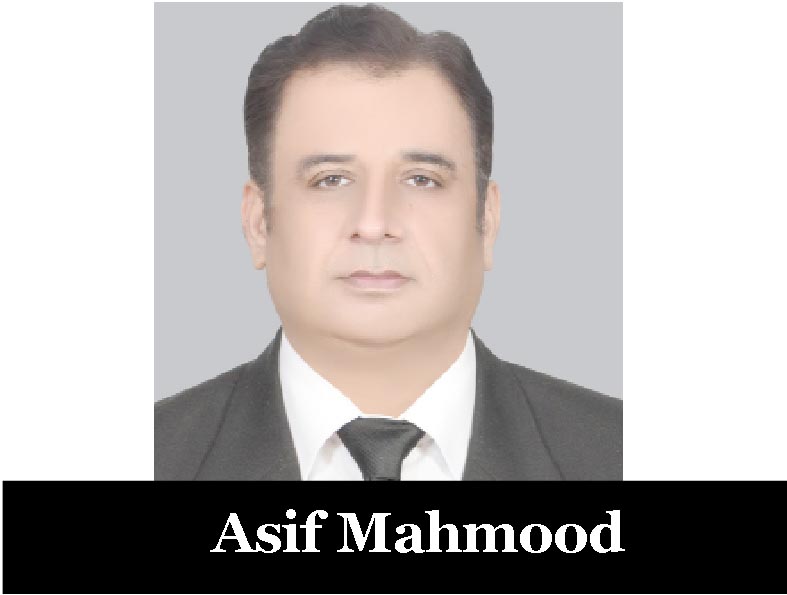Asif Mahmood
Kabul’s latest allegation of an “airstrike” in Khost is another attempt to shift blame rather than confront the truth. At a time when Pakistan is dealing with deadly attacks planned and executed from Afghan soil including the Islamabad Judicial Complex incident, the Peshawar strike and the Wana Cadet College attack the Afghan authorities have chosen to hide behind baseless accusations instead of addressing the real issue terrorism flourishing within their borders.
What makes the claim even weaker is Kabul’s complete inability to provide coordinates, verification, casualty records or neutral observers. Khost and the Bermal belt are known hubs of factional violence. Clashes between TTP, JuA and rival Khawarij groups routinely produce explosions that are later repackaged as “Pakistani attacks.” The world has seen this pattern before whenever internal militant feuds erupt, Kabul rushes to blame Pakistan to escape accountability.
Unlike the Afghan government, Pakistan has never concealed its counterterrorism actions. When Pakistan takes action against militants hiding across the border, it acknowledges it openly and responsibly. In contrast, Kabul’s narrative depends on unverified social media images, many of which are recycled from Syria and Gaza, and circulated by propaganda accounts operating in coordination with Indian networks. Instead of confronting the rising chaos within Afghanistan, Kabul chooses the easiest path blame Pakistan.
The fact remains that Khost Bermal is not a civilian corridor. This zone overlaps with known TTP and JuA routes cited repeatedly in UN Monitoring Team reports. Militants operate safe houses here, move fighters through these routes and use them to launch cross border attacks. To present such an area as a peaceful civilian home is simply dishonest. Pakistan has repeatedly invited joint verification teams to investigate any alleged incident, yet Kabul consistently refuses. Their refusal speaks louder than their accusations. Verification would expose militant hideouts, not homes of ordinary citizens.
Kabul’s panic is also understandable. After Afghan nationals were directly linked to recent attacks inside Pakistan, the Afghan authorities expect a strong and legitimate response. Instead of cooperating on counterterrorism mechanisms, they have launched a media campaign to portray themselves as victims. This is a pre emptive move aimed at diverting international pressure, especially when Türkiye, Saudi Arabia, Russia and Iran are trying to mediate and push for stability.
For genuine regional peace, the way forward is clear. Kabul must dismantle TTP and JuA sanctuaries, end protection for Afghan suicide bombers and stop weaponizing propaganda each time violence spills over from its soil. Pakistan has consistently proposed joint verification and structured counterterrorism cooperation. If Afghanistan wants peace, it must meet responsibility with responsibility, not with recycled accusations and dramatic claims.
Pakistan will continue defending its people, its borders and its interests with clarity and confidence. And no amount of manufactured noise from Kabul can hide what the world already knows where the real threat originates and who is avoiding the truth.
